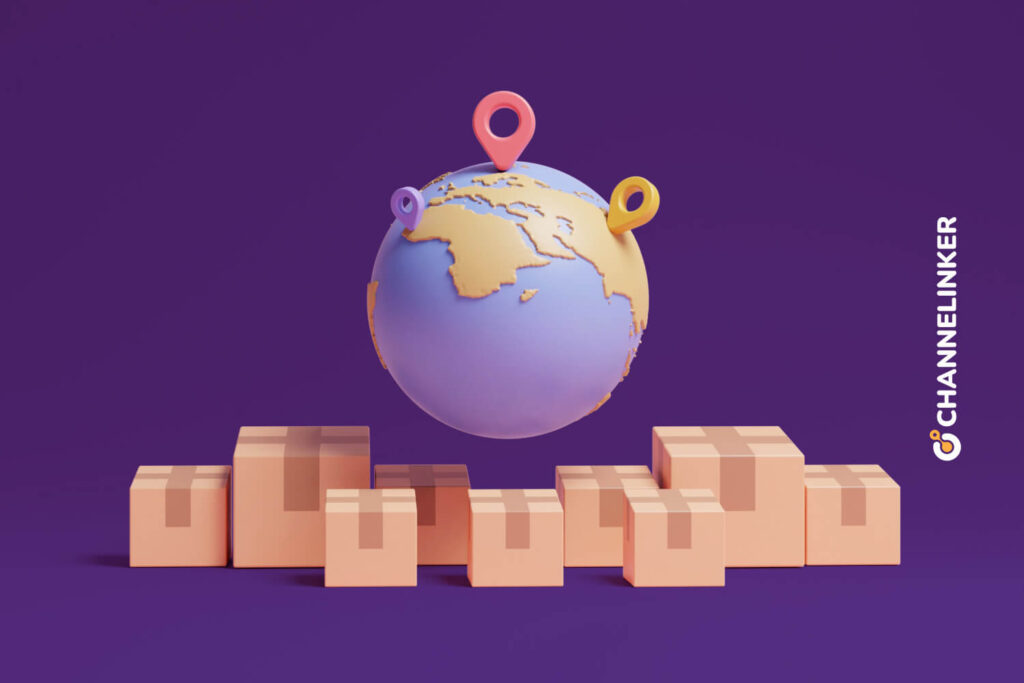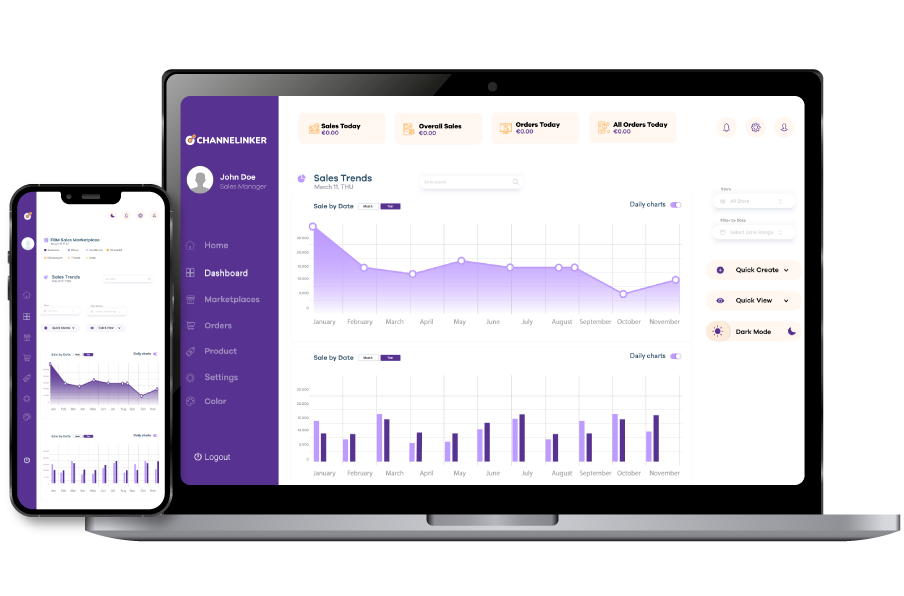Global E-commerce: A Complete Guide to Expanding into International Markets

Expanding your e-commerce business into international markets can unlock new growth opportunities and significantly increase your revenue potential. With the rapid globalization of digital commerce, businesses of all sizes are now able to reach customers in virtually every corner of the world. However, successfully entering foreign markets requires careful planning, a deep understanding of local consumer behaviors, and the ability to navigate complex regulatory environments. This comprehensive guide will provide you with the insights and strategies needed to expand your e-commerce operations globally.
Whether you’re a seasoned e-commerce entrepreneur or just starting to explore international opportunities, understanding the key factors that influence global e-commerce success is crucial. From identifying the most lucrative markets to adapting your marketing strategies for different cultural contexts, each step of the process requires thoughtful consideration and a tailored approach. In this guide, we’ll cover the essentials of the global e-commerce landscape, effective strategies for expansion, legal and regulatory considerations, and the role of technology in optimizing your global operations.

Understanding the Global E-commerce Landscape
The global e-commerce landscape is vast and varied, with each region presenting unique opportunities and challenges. For instance, markets in North America and Europe are characterized by high internet penetration and mature consumer bases, making them ideal for businesses looking to scale rapidly. Conversely, emerging markets in Asia, Africa, and Latin America offer explosive growth potential due to their expanding middle class and increasing internet accessibility. Understanding these dynamics is critical to identifying where your products and services are likely to find the most success.
In addition to geographic considerations, it’s essential to recognize the diverse consumer behaviors and preferences across different regions. For example, while Western consumers may prioritize convenience and fast shipping, customers in other parts of the world might value factors such as local payment methods or personalized shopping experiences more highly. By conducting thorough market research and leveraging local insights, you can tailor your e-commerce strategies to meet the specific needs of each market, thereby increasing your chances of success.
Key Strategies for Successful International Expansion
Successfully expanding into international markets involves more than just translating your website and accepting foreign currencies. One of the most effective strategies is to establish local partnerships and leverage their knowledge of the market. These partnerships can range from logistics providers and payment processors to local influencers and marketing agencies. By working with partners who understand the local landscape, you can navigate the complexities of foreign markets more efficiently and build a stronger presence.
Another crucial strategy is to optimize your e-commerce platform for a global audience. This includes ensuring your website is multilingual and culturally adapted, offering a variety of local payment options, and providing reliable international shipping solutions. Additionally, investing in robust customer support that can handle inquiries in different languages and time zones can greatly enhance the customer experience and build trust with international buyers. By focusing on these elements, you can create a seamless shopping experience that caters to the diverse needs of global consumers.
Navigating Legal and Regulatory Challenges
Expanding into international markets comes with a host of legal and regulatory challenges that can vary significantly from one country to another. One of the first steps in this process is to understand the import and export regulations of the markets you plan to enter. This includes tariffs, taxes, and customs procedures that could affect your pricing and delivery times. Working with legal experts or consultants who specialize in international trade can help you navigate these complexities and ensure compliance.
In addition to trade regulations, it’s important to be aware of local consumer protection laws, data privacy regulations, and e-commerce-specific legislation. For example, the General Data Protection Regulation (GDPR) in Europe imposes strict requirements on how businesses collect and process personal data. Failing to comply with such regulations can result in hefty fines and damage to your brand’s reputation. Staying informed about the legal landscape and adapting your business practices accordingly is essential to mitigating risks and operating successfully in foreign markets.
Leveraging Technology to Optimize Global Operations
Technology plays a pivotal role in managing and optimizing your global e-commerce operations. One of the key technological investments for international expansion is a robust e-commerce platform that supports multi-language, multi-currency, and multi-region functionalities. Platforms that offer these features enable you to provide a localized shopping experience, which is crucial for engaging international customers and driving sales. Additionally, integrating advanced analytics and reporting tools can help you track performance across different markets and make data-driven decisions.
Another important technological consideration is the use of automation and AI to streamline operations and enhance the customer experience. For example, AI-powered chatbots can provide round-the-clock customer support in multiple languages, while automation tools can help manage inventory, process orders, and handle logistics more efficiently. Leveraging these technologies can not only reduce operational complexities but also improve scalability and responsiveness, allowing you to better meet the demands of a global customer base.
By understanding the global e-commerce landscape, implementing effective expansion strategies, navigating legal challenges, and leveraging technology, your business can successfully expand into international markets and achieve sustained growth.


